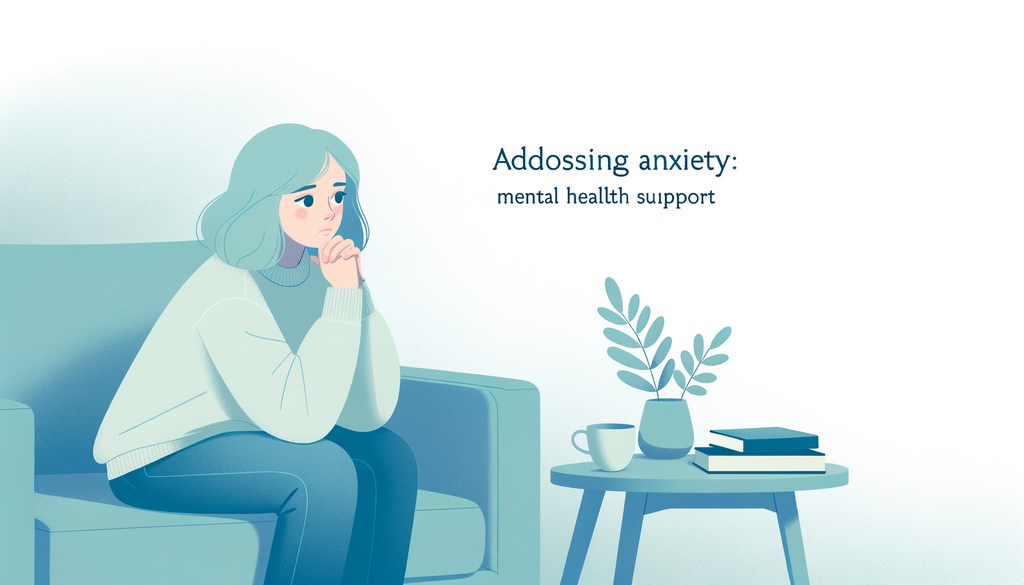Addressing Anxiety: Mental Health Support for 2e Children

Addressing Anxiety: Mental Health Support for 2e Children
Twice-exceptional, or 2e children, are unique. They are gifted in certain areas while also grappling with some form of disability - be it learning, neurological, emotional, or physical. For these children, supporting their mental health needs can be challenging. In today’s post, we will explore some effective strategies for parents and caregivers navigating this intricate landscape.
The Unique Mental Health Needs of 2e Children
Twice-exceptional children often face a higher risk of mental health issues, especially anxiety, due to their interleaved abilities and disabilities. For instance, their advanced cognitive abilities might generate a strong self-awareness about their difficulties, leading to feelings of frustration and self-doubt. The expectation of performance commensurate with their giftedness often introduces an additional layer of stress (Understanding Twice-Exceptionality: A Parent’s Guide).
One of the most crucial lift-offs for caring for 2e children is acknowledging the convolution of their experiences and understanding that their giftedness and disabilities are not separate entities but intertwined aspects of their identity.
Anxiety Management Strategies for 2e Children
Individualized Learning Plans
Just as 2e children are unique, their learning plans should be as well. An Individualized Education Program (Understanding the IEP Process) can tailor education to the child’s specific abilities and disabilities, effectively reducing stress and anxiety through more personalized and accommodating instruction.
Promoting Relaxation and Mindfulness
Relaxation techniques, such as controlled breathing, progressive muscle relaxation, and mindfulness exercises, can often help manage moments of anxiety. Teaching your child how to employ these strategies can promote self-regulation and resilience (Mindfulness and Relaxation Techniques for Children with ADHD).
Encourage Open Communication
Every emotion serves a purpose, even anxiety. It alerts us to potential dangers and helps us prepare. Let your child know it’s perfectly normal to experience anxiety and encourage them to share their feelings. Open communication can reduce feelings of isolation and provide opportunities for reassurances and support.
Seek Professional Help
Professional psychologists, therapists, and counselors trained in gifted and special needs education can provide invaluable support to parents and children (Overcoming Obstacles: Therapy Options for Diverse Learners). They can guide the formulation of a personalized response to the child’s needs based on their understanding of twice-exceptionality.
Accessing Support
Parenting a 2e child can be challenging. Having a robust support system in place can make all the difference - do not hesitate to reach out and connect with others (Seeking Support: Finding the Right Community for Special Needs Families).
There are numerous mental health services and support groups available, both locally and online. Regular meetings with other parents of 2e children offer an excellent forum to share experiences, tips, advice, and most importantly, to remind you that you are not alone.
Conclusion
Every child—2e or otherwise—deserves the right to explore their potential free from excessive anxiety or worry. Bonding with our children, helping them understand their emotions, access resources, approach scenarios thoughtfully, and constantly championing their strengths and uniqueness can support them to flourish.
Remember, the journey with a 2e child may be demanding, but it also brings the unique joy of watching an exceptional child grow and prosper. For more resources on raising a 2e child, take a look at A Mother’s Journey: Raising a 2e Child.